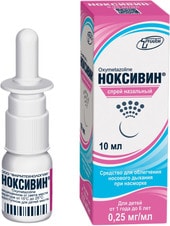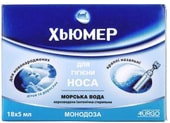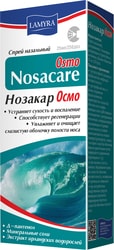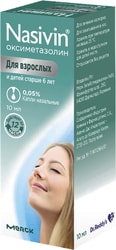Vitamin D3 is crucial for maintaining optimal health, acting as a nutrient, hormone, and immunomodulator. This fat-soluble vitamin, also known as cholecalciferol, is primarily produced in the skin upon exposure to ultraviolet B (UVB) sunlight. A less active form, vitamin D2 (ergocalciferol), is derived from plant sources rich in ergosterol.
Once synthesized or ingested, vitamin D travels to the liver, where it's converted into a hormone regulating calcium homeostasis and then further processed in the kidneys. This active form enhances calcium absorption in the intestines and kidneys, maximizing calcium retention and minimizing urinary loss.
Deficiency can stem from insufficient dietary intake, inadequate sun exposure, or underlying liver or kidney conditions. Individuals in higher latitudes, like those in Russia and many other northern countries, are at increased risk due to limited sunlight exposure.
Vitamin D's impact extends far beyond calcium regulation and bone health. Its receptors are found in numerous organs and tissues, influencing diverse bodily functions. It regulates over 200 genes, playing a multifaceted role in overall health. Chronic deficiency is linked to an increased risk of several serious long-term health conditions.
Vitamin D3 boasts approximately 50% absorption rate, compared to a lower rate for vitamin D2. While D2 is favored by vegetarians, blood tests measuring 25-hydroxyvitamin D levels are essential for determining individual vitamin D status, as recommended by endocrinologists.
To maintain optimal levels (50-60 ng/mL), a daily intake of at least 4000 IU (100 mcg) is often recommended, monitored by regular blood tests. General adult recommendations range from 2000 IU (50 mcg) daily for those with a typical lifestyle to 4000 IU (100 mcg) for individuals at higher risk (those with chronic illnesses). Most multivitamins offer insufficient amounts of vitamin D (2.5-10 mcg) to meet physiological needs.
NSP's Vitamin D3 is produced through biotechnological synthesis using natural, ecologically sound New Zealand ingredients. It utilizes mannitol, sorbitol, and xylitol—natural, non-GMO sweeteners meeting pharmaceutical standards.





